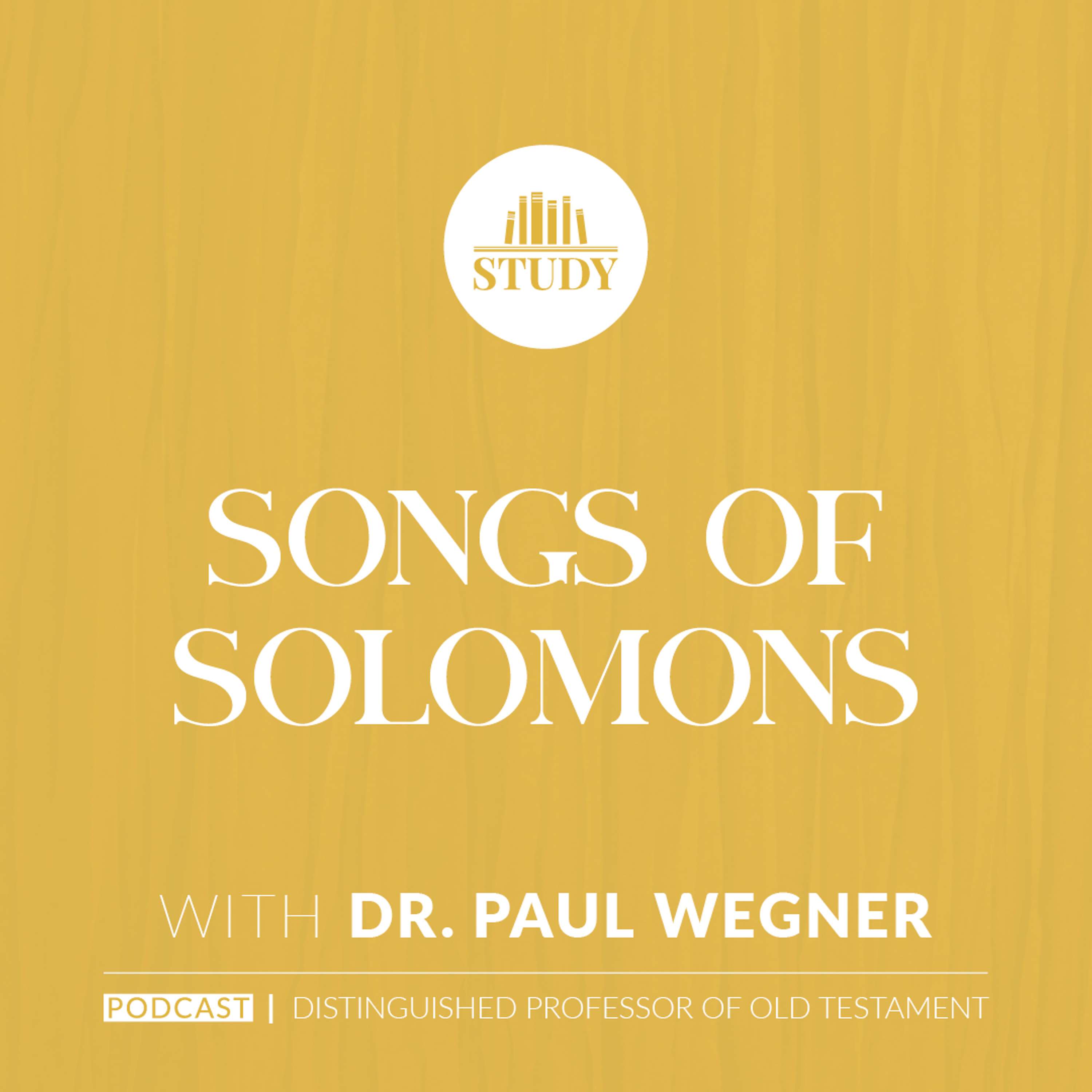In this unique time of no in-person worship gatherings, I’ve been encouraged to hear how well pastors and other church members have innovated to provide worship experiences and stay in touch with one another. Many have learned how to use Facebook Live, YouTube channels, streaming video posted to their websites, etc., and some have even hosted drive-in church experiences. All kinds of other means of contact have been learned or enhanced, like social media platforms and video conferencing services like Zoom. My life group had been content to meet twice a month at our home, but since social distancing guidelines have prevented that, we’ve met every week via Zoom. It’s been evident that absence does makes the heart grow fonder. Our life group friends have been extra happy to share with one another by video.
Some of us are old enough to remember ministry before email, let alone all these other technologies. We used to do “visitation” in-person and use the phone (I’m talking about land lines, youngsters). Of course, Jesus and the apostles managed even without phones. The ministry of pastoral care is best provided in person, with a steady, sincere look in the eyes and sometimes an appropriate touch. These are accompanied by patient, attentive listening and often a prayer or word of sympathy or encouragement. However, our lack of direct, in-person contact does not prevent our pastoral care or excuse us from it, even though it may complicate it.
In ancient letters we see clearly see how the act of writing was a substitute for physical presence. Paul borrowed that convention for his letters to churches and protégés. Although he longed to be with them in person, obedience to his missionary calling caused him often to resort to letters carried by messengers. Yet what affection and care he conveyed by those means! For example, he testified to the Philippians, “God is my witness, how I long for you all with the affection of Christ Jesus” (1:8). He told the Thessalonians, “Having so fond an affection for you, we were well-pleased to impart to you not only the gospel of God, but also our own lives, because you had become very dear to us” (2:8).
Pastors and other ministry leaders, thank you for reaching out to those in your span of care through the alternative means best received by them. I suspect one of the silver linings of this crisis will be our realization of the value of reaching out regularly rather than waiting for people to come to us at the next big gathering. When this season resolves into a new normal, I pray that more caring contact through various means will be a part of it.
Read More

“Faith is a tree known by its fruits”: The Gisle Johnson Project
The Gisle Johnson Project is a new research endeavor spearheaded by Robb Torseth

Excerpt — Towards a Clearer Understanding of Jonathan Edwards’s Biblical Typology: A Case Study in the ‘Blank Bible’
Dr. Cameron Schweitzer provides new insights into Jonathan Edwards’s often mischaracterized typology.
Listen
Wisdom Books | Songs of Solomon
Have you ever wondered why Songs of Solomon is located after the wisdom books in the Bible? That’s because, it’s a wisdom book! While that might seem strange, there are several interesting elements that prove there is more to Songs than what meets the eye.

A Lifetime of Ministry
Minister Darren Logan joins Dr. Hopkins this week to speak on the effects of raising 8 children overseas and how it impacted their family. He also talks about the cultural differences in California even within the USA, and the importance of slowing down in your prepar

Watch

Jonathan Edwards and the Asbury Revival
Chris Chun and Chris Woznicki discuss the signs of true revival, signs of the work of the Holy Spirit, and why it is important to critically assess the characteristics of revival in a spirit of charity.

Jonathan Edwards and the Baptists | Douglas Sweeney, Nathan Finn and Chris Chun
Dr. Douglas Sweeney and Dr. Nathan Finn joined Dr. Chris Chun for a panel discussion on Jonathan Edwards, recorded live at the SBC Annual Meeting in Anaheim.




